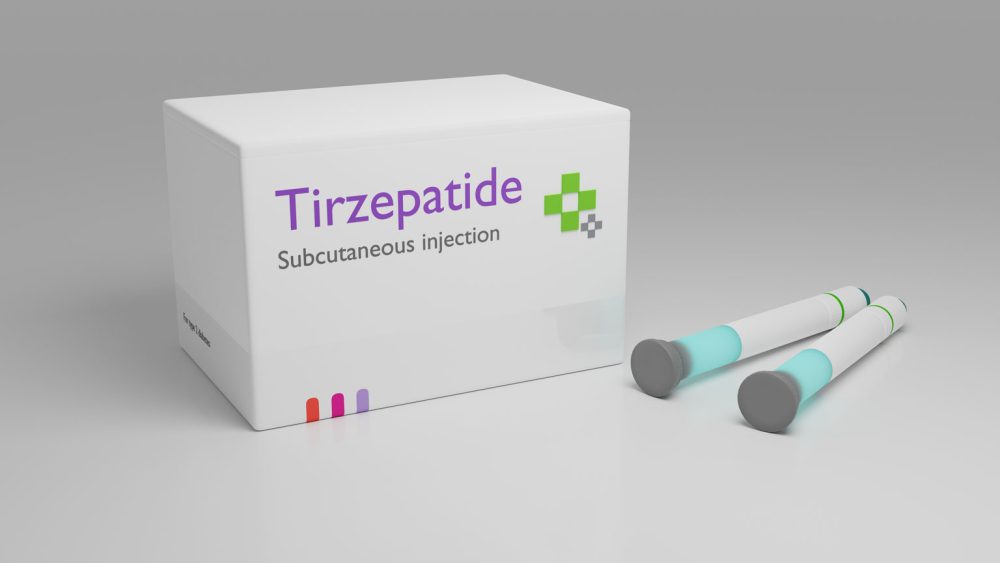Advertisment
Tirzepatide equally effective for early-onset or later-onset type 2 diabetes

Tirzepatide. a once weekly GIP and GLP-1 receptor agonist, treats early-onset type 2 diabetes as effectively as it treats type 2 diabetes diagnosed later in life, researchers reported this week at the Annual Meeting of the European Association for the Study of Diabetes (EASD) in Hamburg, Germany.
“Early-onset type 2 diabetes is not only more aggressive, it usually responds less well to drugs, which means our findings are really encouraging,” said Melanie Davies, investigator and Professor of Diabetes Medicine at the University of Leicester, Leicester UK.
As background, the authors noted that type 2 diabetes usually appears in patients who are middle-aged and older. But early-onset type 2 diabetes is appearing more commonly worldwide.
Notably, early-onset type 2 diabetes (diagnosis before the age of 40) is more aggressive, since insulin-producing beta cells in the pancreas deteriorate faster in patients with early-onset type 2 diabetes than patients with later-onset type 2 diabetes.
In their post hoc analysis of data from subjects in the SURPASS program, the investigators compared changes in mean HbA1c (blood sugar), body weight, and cardiometabolic markers including waist circumference , lipids, and blood pressure in subjects with early-onset type 2 diabetes (N=873, 20.5%) vs later-onset type 2 diabetes (N=3394, 79.5%).
The investigators found no difference after 40 or 52 weeks of treatment with tirzepatide in therapeutic effects among subjects with early-onset vs later-onset type 2 diabetes.
Tirzepatide treatment led to similar improvements in HbA1c and body weight in both groups and for all tirzepatide doses. And tirzepatide improved waist circumference, lipids (triglycerides and HDL) and systolic blood pressure with similar efficacy in both groups.
The authors concluded, “Tirzepatide treatment led to similar improvements in HbA1c, body weight and cardiometabolic markers, irrespective of age at T2D [type 2 diabetes] diagnosis. Future studies are warranted to evaluate whether an early intervention in young-onset T2D may provide opportunities to improve long-term outcomes.”





